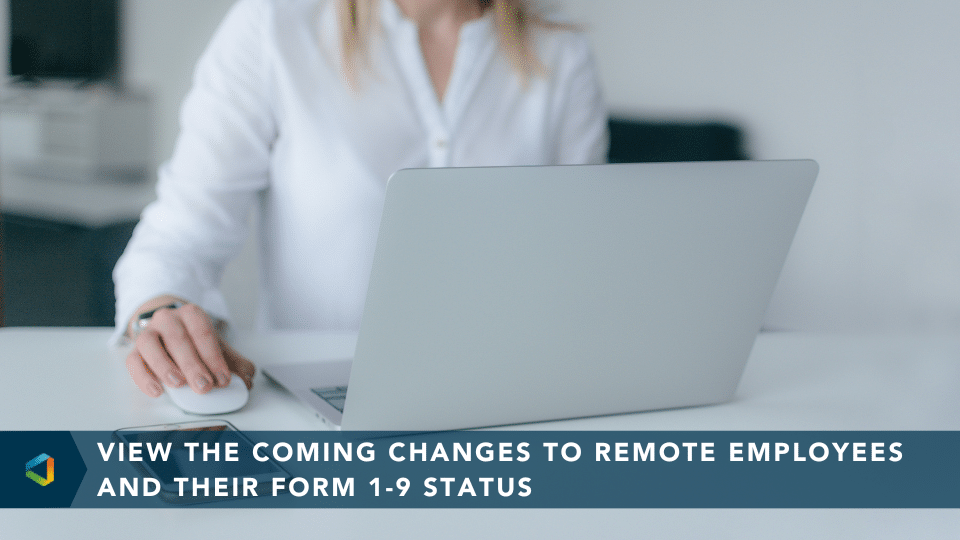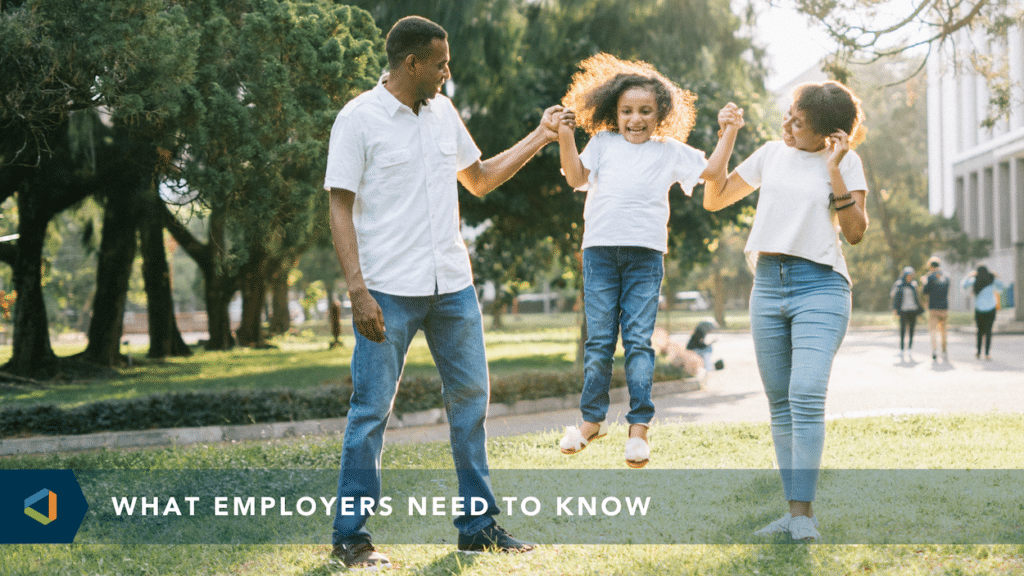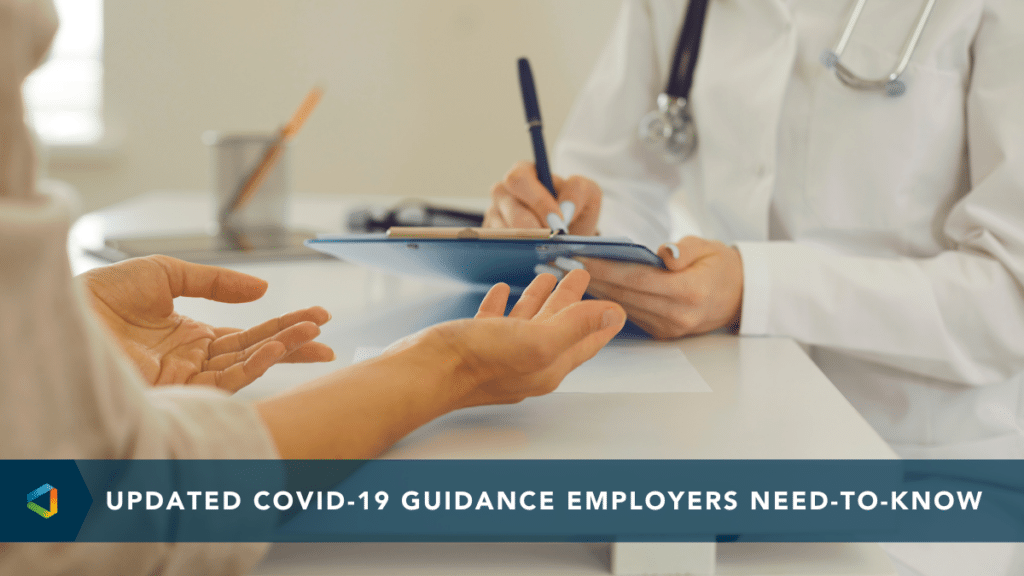Healthy People
Social Distancing for Different Personality Types
Social Distancing for Different Personality Types
This unprecedented period has disrupted all the systems that keep our lives running. Our once-daily routines are not the same, and we are social distancing to keep others and ourselves safe.
It is a new world now. How do we manage to stay afloat while working from home, homeschooling our kids, taking care of household chores, and providing emotional support to our entire family network (i.e., aging parents, grandparents, friends, coworkers, and spouses)? It’s uncertain and uncharted territory for everyone. To get through it, we need to rely on each other — even if that means a text message of support from one socially distancing household to another. We also need to give ourselves permission to muddle through it the best we can.
You may be thinking to yourself that all introverts are cheering at the idea of social distancing and that extraverts are cringing at the amount of time they are going to spend by themselves in a quiet room. Still, there is something to be said about total isolation. The truth is, we are all social animals, and we all need human contact. Extended time at home will challenge most people. It is helpful to have some ideas for the best ways to deal with extended time to yourself that suit your personality traits. The difference lies in what, cognitively, somebody finds stimulating as opposed to exhausting.
Personality differences might influence how you cope. Extroverts, for example, may struggle more with the feelings of loneliness that isolation brings. Extroversion is characterized by a high need for social interaction. Extroverts may experience more loneliness or find staying home more difficult. They look to others to talk too for energy and motivation. Solitude can lead to loneliness for some extroverts. Exploring the virtual world may help fulfill their interaction needs by joining online communities, interacting in online chats/blogs, and organizing group video calls. Virtual social interaction with others gives a sense of connectedness and support.
People with more introverted personalities tend to enjoy solitude, so they may have an easier time coping with reduced or limited social interactions. Introverts tend to feel drained after socializing, so they may cope well during quarantine—at least for the time being. Even introverts need social contact, so finding ways to connect with others in some way is still essential. Introverts tend to strive for new ideas and culture, so interacting online with virtual museum tours, online Broadway shows, new online education courses, and catching up on the latest Netflix series can help. No matter your personality type, you will benefit from some exercise. If your area allows it, you can get out of the house for a while and go for a walk or hike, while maintaining social distancing. If you cannot get out of the house, try some home exercise – there are endless videos and apps that can guide you through basic workouts during this time.
Things everyone can do to help COPE with Social Distancing:
- Establish routines
- Be as active as possible
- Combat frustration and boredom
- Communicate and stay connected
- Stay informed, but not overwhelmed
- And finally, remember why you are doing this! (flattening the curve)
Don’t put too much pressure on yourself to accomplish monumental things, rather give yourself small goals to obtain to get you through each hour and each day! Take this time to reflect on the things that are most important to you and be resilient. To keep your spirits up during this challenging time, be aware of your behavioral cues your personality is sending you and try to put them to good use. Stay busy, stay in touch, and remember we are in this together!
For more information on how to navigate essential employee wellbeing issues during the COVID-19 pandemic, visit our OneDigital Coronavirus Advisory Hub, or reach out to your local OneDigital advisory team.
Share
Related News & Updates

Article
Change is Coming to Form I-9s
3.02.2023

Article
IRS Issues Final Rule to Fix “Family Glitch”
10.12.2022


